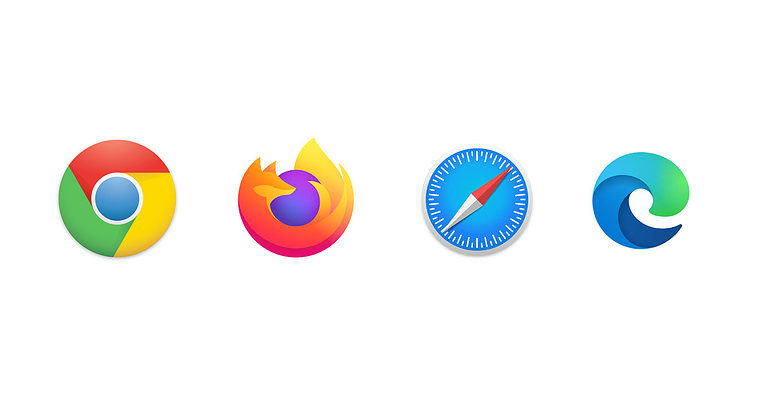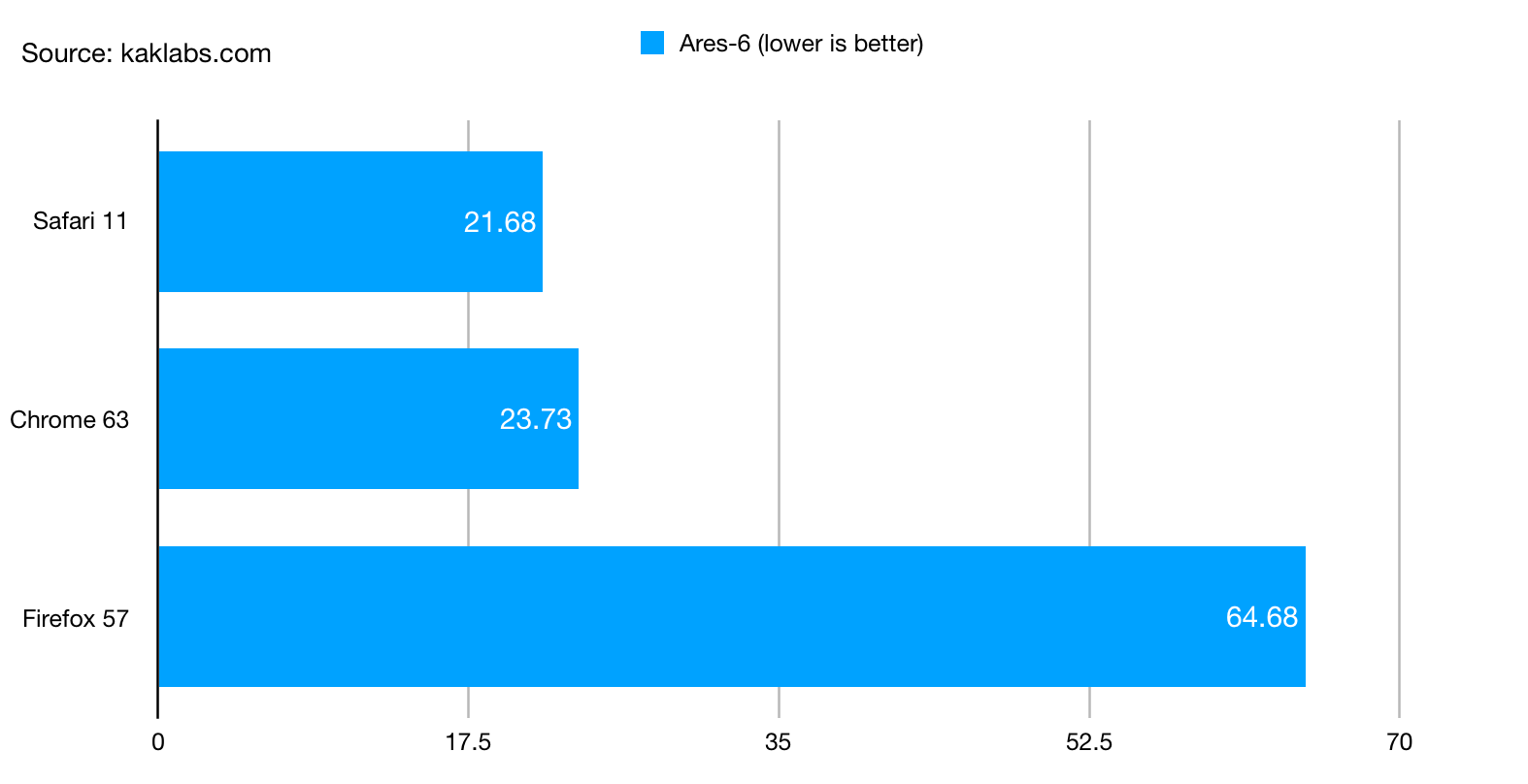
As Ars reader karinto pointed out in a comment, however, instructions for disabling the feature are here. The researcher said that the Edge autocomplete, which sends details of typed sites to a backend server, can’t be disabled. This identifier can’t easily be changed or deleted. Edge sends the universally unique identifier of a device to a Microsoft server located at .com. These unique strings, which can also link various apps running on the same device, remain the same even after fresh installs of the browsers. Strong, enduring identifiersīoth Edge and Yandex send identifiers that are tied to device hardware, the study found. In addition to the search autocomplete functionality that shares details of web pages visited, both transmit web page information to servers that appear unrelated to search autocomplete. As far as we can tell this behaviour cannot be disabled by users.

Edge also sends the hardware UUID of the device to Microsoft and Yandex similarly transmits a hashed hardware identifier to back end servers. Both send persistent identifiers that can be used to link requests (and associated IP address/location) to backend servers.

The findings put the browsers into three categories with Brave getting the highest ranking, Chrome, Firefox, and Safari receiving a medium ranking, and Edge and Yandex lagging behind the rest.įrom a privacy perspective Microsoft Edge and Yandex are qualitatively different from the other browsers studied. Specifically, the study examined the browsers’ sending of data-including unique identifiers and details related to typed URLs-that could be used to track users over time. He analyzed and rated the privacy provided by Google Chrome, Mozilla Firefox, Apple Safari, Brave, Edge, and Yandex. The rankings were revealed in a research paper published by Trinity College Dublin computer scientist Doug Leith. Brave, the upstart browser that makes privacy a priority, ranked the highest. Yandex, the less-popular browser developed by the Russian Web search provider Yandex, shared that dubious distinction.

Microsoft Edge received the lowest privacy rating in a recently published study that compared the user information collected by major browsers.


 0 kommentar(er)
0 kommentar(er)
